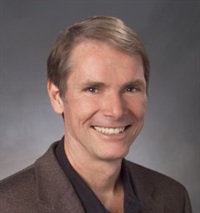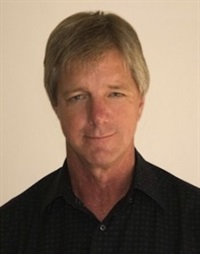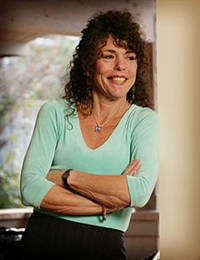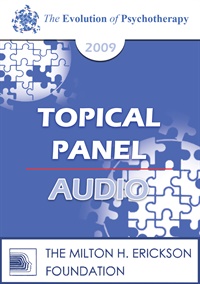EP09 Topical Panel 18 – Approaches Derived from Milton Erickson: Compare and Contrast Solution-Focused, Self-Relations and NLP – Robert Dilts, Stephen Gilligan, and Michele Weiner-Davis
- Average Rating:
- Not yet rated
- Topic Areas:
- Topical Panels | Self-Relations | Solution Oriented Approach | Neuro-Linguistic Programming (NLP) | Psychotherapy | Ericksonian Hypnosis and Therapy Techniques | Milton Erickson
- Categories:
- Evolution of Psychotherapy | Evolution of Psychotherapy 2009 | Pioneers in Couples and Family Therapy
- Faculty:
- Robert Dilts, BA | Stephen Gilligan, PhD | Michele Weiner-Davis, LCSW
- Duration:
- 1 hour
- Format:
- Audio Only
- Original Program Date:
- Dec 12, 2009
- License:
- Never Expires.
Description
Description: This panel explores the legacy of Milton Erickson through the lenses of NLP, solution-focused therapy, and self-relations. Robert Dilts highlights Erickson’s process-based approach. Stephen Gilligan focuses on utilization and unconscious dynamics. Michele Weiner-Davis reflects on her shift toward resilience and directive strategies. The conversation also addresses agency challenges and the clinical role of self-disclosure.
Educational Objectives:
- To compare and contrast clinical and philosophical perspectives of experts.
*Sessions may be edited for content and to preserve confidentiality*
Credits
Handouts
| Timestamped Transcript (899.5 KB) | 20 Pages | Available after Purchase |
| Ericksonian Learning Snapshot (243.4 KB) | 2 Pages | Available after Purchase |
Faculty

Robert Dilts, BA Related Seminars and Products
Robert Dilts, has been a developer, author, trainer and consultant in the field of Neuro-Linguistic Programming (NLP) - a model of human behavior, learning and communication - since its creation in 1975 by John Grinder and Richard Bandler. A long time student and colleague of both Grinder and Bandler, Robert also studied personally with Milton H. Erickson, M.D., and Gregory Bateson.

Stephen Gilligan, PhD Related Seminars and Products
Stephen Gilligan Ph.D., is a Psychologist in Encinitas, CA. He was one of the original NLP students at UC Santa Cruz; Milton Erickson and Gregory Bateson were his mentors. After receiving his psychology doctorate from Stanford University, he became one of the premier teachers and practitioners of Ericksonian hypnotherapy. This work unfolded into his original approaches of Self-Relations and Generative Self, and then further (in collaboration with Robert Dilts) into Generative Coaching. These different traditions have all been updated and integrated into the present Generative Change Work, which includes the applications of Generative Coaching, Generative Psychotherapy, Generative Trance, Hero’s Journey, and Systemic Change work.

Michele Weiner-Davis, LCSW Related Seminars and Products
Michele Weiner-Davis, LCSW is the Founder of The Divorce Busting Center in Boulder, Colorado. She is a popular TEDx speaker and the author of eight books including, Healing From Infidelity, and the bestselling Divorce Busting and The Sex-Starved Marriage. She is the recipient of several prestigious awards including the Outstanding Contribution to Marriage and Family Therapy Award from AAMFT.


